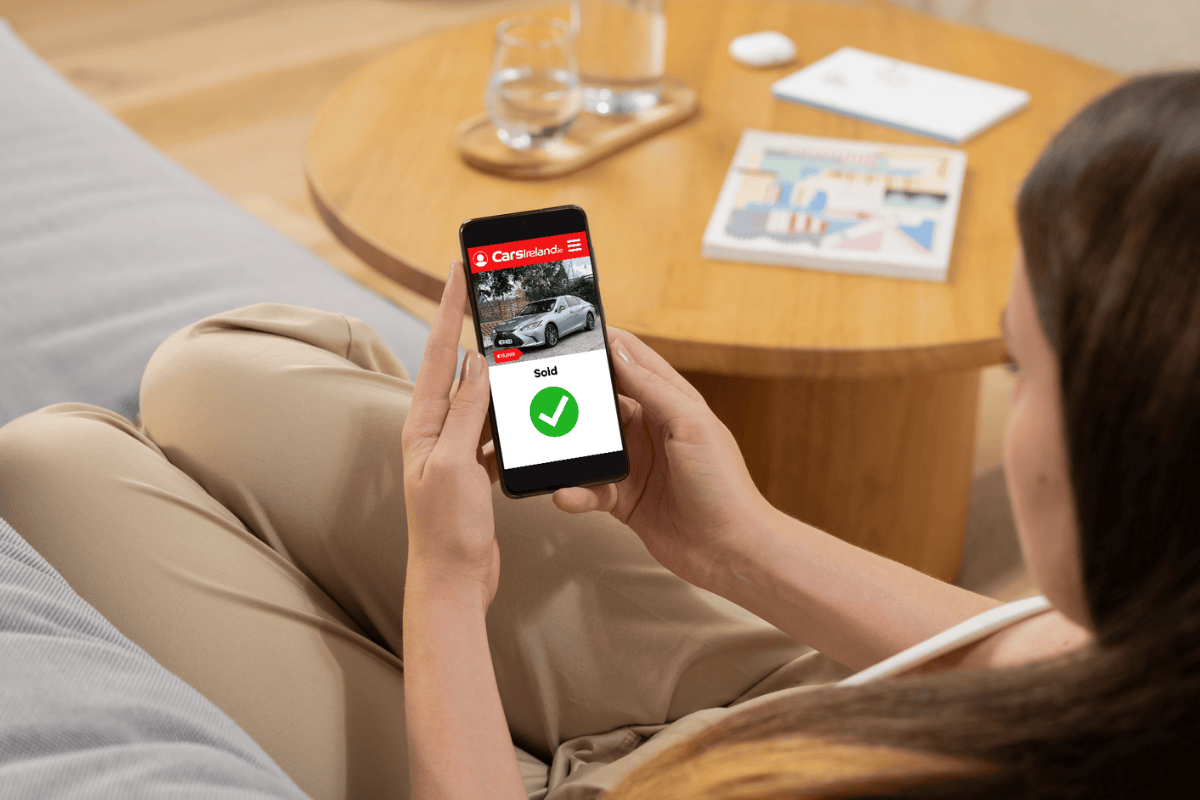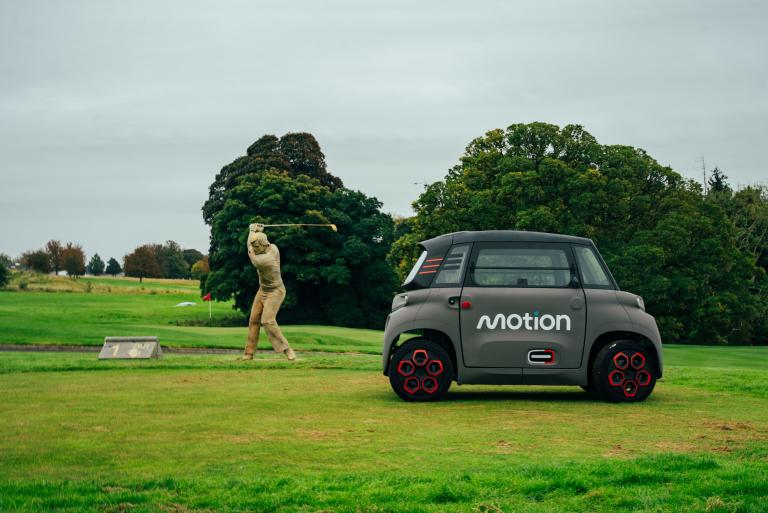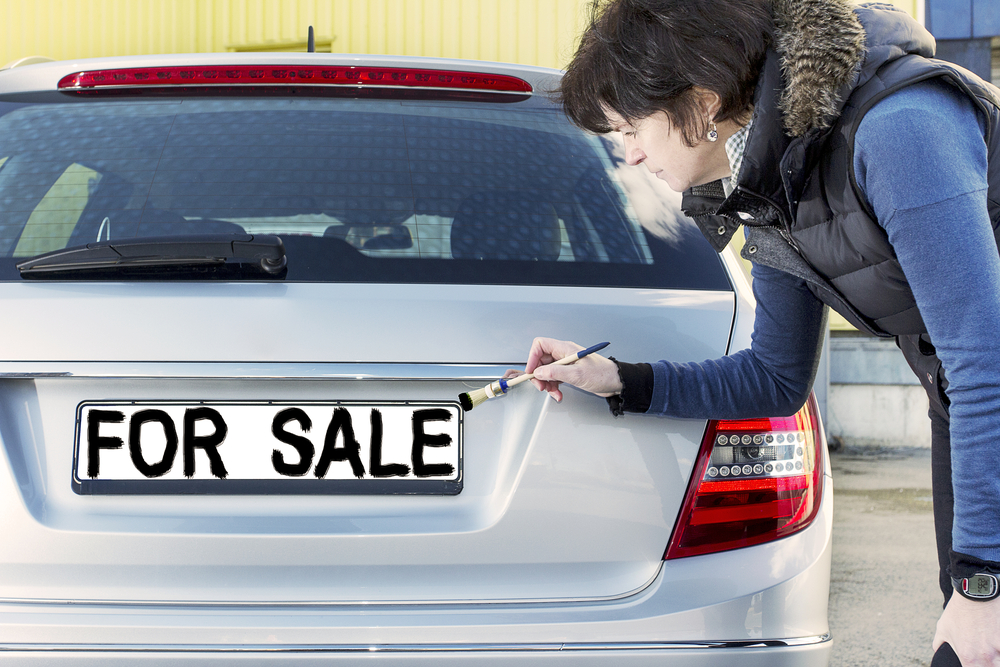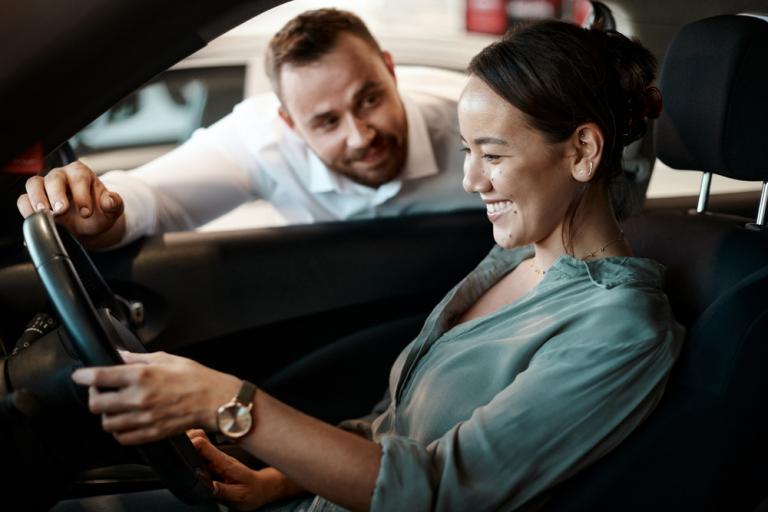Sell Your Car Privately vs. Trade-In: What’s the Best Option for You?
Published on 11 June, 2025
What are the pros and cons of each way of changing your current car for a shiny new one?
Overview
Getting a new car can be many things - exciting, stressful, expensive - but we at CarsIreland can make it a little easier by helping you to work out which is the better way of moving on your current car. Should you trade it in with the garage or dealer you’re buying your next car from? Or should you sell it yourself, to go into your next deal as a cash buyer?
Obviously, CarsIreland is a classified ads site, so you’d expect us to come down on the side of selling it yourself, right? Well, that might be true, but in the interests of full disclosure, there are benefits and pitfalls to both options, so let’s take a look through them.

1. The trade in
Trading in your current car is probably the simplest and most efficient way to move from current to new. Dealers are always looking to turn over their own stock, so assuming that your current car is in good condition, and you have a full service history, then the process of trading in should be pretty easy. In fact, you might even be able to do the deed there and then, especially if you’re using finance provided by the dealer, or you have your own cash or loan money to add to the deal. That’s the biggest advantage of a trade-in - it’s convenient.
There are some things to bear in mind, though. First off, you need to present your current car in as good a light as possible in order to get the best valuation. While cleaning your car inside and out and making sure that you have all of the paperwork in order and with you on the day may not add thousands to the trade-in value, it will all certainly help. Amongst that paperwork, the key item is the service history. Studies have shown that a full and complete service history can add as much as €1,500 to the value of a used car.
Next, prepare yourself for a bit of a shock because the dealer will almost certainly give your car a valuation that’s less than you were expecting. Partly this is because dealers have to allow for the overheads of selling your car on and leaving some room for profit margin for themselves in that sale, but obviously they’ll try to give you a value that’s as low as they reckon they can get away with. It will be part of the deal process for you to try and talk up that value as much as you can. However, remember that, in Ireland, you’re playing from a point of weakness - in the UK, the motor trade publishes the average second hand values of cars in the likes of Glass’s Guide, which are available to the public. In Ireland, the process is far more opaque, and the power of valuation lies in the hands of the dealer.
The time of year can also make a difference. If you’re looking to trade-in at the peak new car buying months of January and July, that dealer may well have a flood of trade-ins arriving, and that will naturally push down the trade-in value of your car. Waiting for an off-peak time of year can pay dividends.
Finally, don’t forget to play your strongest cards — the dealer wants to sell you your new car, so you can use that simple fact as leverage to get the best trade-in and the best overall deal that you can negotiate. Equally, don’t forget the power of walking away. Even heading for the door can sometimes cause the dealer to give you a last-minute improvement, and if they don’t, there are plenty more fish in the sea.
Of course, it’s never quite that simple, and selling your own car requires a fair bit of prep. As with trading in, cleanliness (inside and out) and prepared paperwork are key, with a full set of service history stamps once again your most valuable asset.
The big advantage of selling your car privately - the biggest of all - is of course that you then move from being a trade-in buyer for your next car, to being a cash buyer (or to be more realistic, a bank-draft buyer…). That gives you enormous leverage when it comes to negotiating your next car purchase. While it’s true that some dealers would prefer you to take out a finance package from them to buy your next car, so that they earn a commission, most will be very happy to facilitate a straight cash sale, and doing so could potentially open up some useful extra discount.
2. Selling your car yourself
Selling your car privately basically puts you in charge of the entire process, and rather than having to take what a dealer is offering in terms of trade-in, you have far more command of what’s going to happen, and far more say in the final deal.
When prepping to sell your car privately, take plenty of good, clear photos of your car for the advert. We all have phones with professional-level cameras now, so there’s no excuse for blurry, indistinct photos. Find somewhere with a bit of empty space - a large car park for example - and take lots of shots. Just don’t take a photo of the car’s vehicle identification number (VIN) as that can be used by criminals to ‘clone’ your car’s registration.

The next thing is to price your car realistically. A good trawl through adverts for cars similar to yours — make, model, age, engine, colour etc - will give you a good idea of where to pitch the price, but remember that dealership cars will always have a higher price, as they’re factoring in both a profit margin and covering the cost of things like a post-sales guarantee, which you won’t be able to offer as a private seller. So, remember to subtract that from the valuation you’re giving your car for private sale.
Remember too that you can’t sell a car on which you still owe PCP or Hire Purchase repayments. It’s technically illegal, as you don’t own the car - the finance company still does until the money is paid off. Until you have paid off any finance owed, you can’t sell the car on.
Latest Reviews

CarsIreland Dealership Awards 2025 Winners Shortlist

Kenny Galway Appointed as New Leapmotor Retail Partner

Customer Golf Appreciation Day 2025


